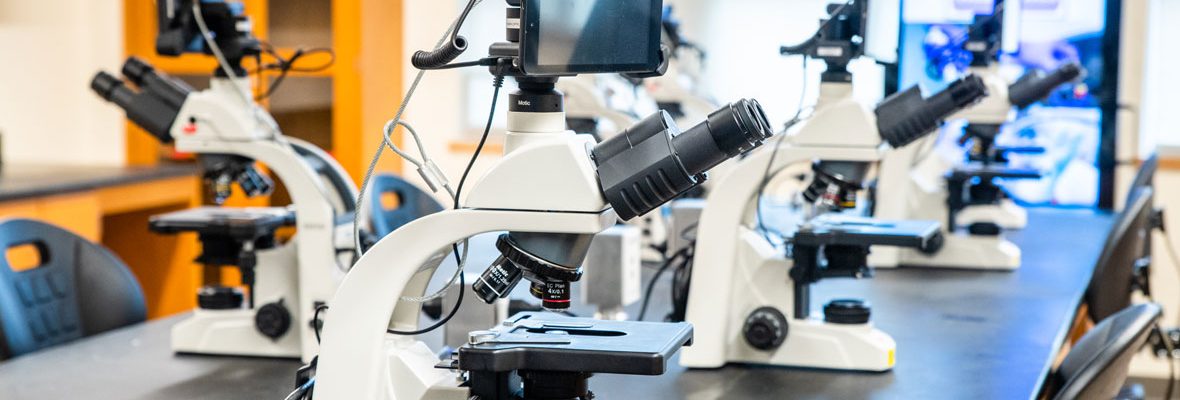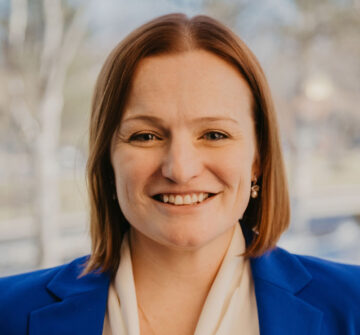Program Overview
The MLSC seeks to further advance and expand life sciences education at Massachusetts public schools through implementation of project and inquiry-based curriculum. Through this program, the MLSC awards grant funding to schools and curriculum providers for the purpose of teacher professional development and the purchase of equipment, materials, supplies, and technology needed to support new or expanded curriculum. Funding will enable schools to educate students in real-world scenarios that will prepare them for career opportunities in the life sciences. Professional development funding will ensure that educators receive the technical training needed to effectively use newly acquired equipment and technology.
Applicants can request grant funding as follows:
| Equipment & Supplies | Professional Development | |
|---|---|---|
| High school (new program or reconfiguring lab space) | $85,000 | $15,000 |
| High school (upgrades to existing program) | $65,000 | $15,000 |
| Middle school | $30,000 | $10,000 |
| Elementary school (grades 3-5) | $15,000 | $10,000 |
Investments made through this program seek to expand access to STEM equipment, curriculum, and professional development, increase educational equity and help the achievement and opportunity gaps, train a diverse STEM workforce pipeline, support the implementation of Massachusetts Science, Technology, and Engineering Standards, increase student achievement and interest in STEM, increase awareness of life sciences careers, improve college and career readiness, and leverage partnerships.
Eligibility & Evaluation
Applicants must be at least one of the following:
-
- Vocational technical high school as determined by Chapter 74 of the General Laws of Massachusetts or a comprehensive public high school with a life sciences Chapter 74 program.
-
- Public schools (including charter schools) located in one of the following “Gateway Cities” as determined by Section 3A of Chapter 23A of the General Laws of Massachusetts: Attleboro, Barnstable, Brockton, Chelsea, Chicopee, Everett, Fall River, Fitchburg, Haverhill, Holyoke, Lawrence, Leominster, Lowell, Lynn, Malden, Methuen, New Bedford, Peabody, Pittsfield, Quincy, Revere, Salem, Springfield, Taunton, Westfield, and Worcester.
-
- Public schools with a student population of at least 25 percent classified as “low income” by the Massachusetts Department of Elementary and Secondary Education (DESE).
-
- Non-profit curriculum provider, with a presence in Massachusetts, delivering STEM curriculum and/or teacher professional development to schools that meet any of the above-stated criteria. Any equipment requested on behalf of partner schools must be delivered to and remain housed at the schools.
For schools belonging to a district, the district must be the applicant and only one application can be submitted per school district. Districts must submit applications that reflect district-wide resource needs and promote curriculum alignment.
Applications will be evaluated based on the ability of the proposed curriculum to support a trained workforce suitable for employment in the life sciences. Successful proposals will explain how the requested equipment and supplies will create learning opportunities that are aligned with the needs of the life sciences industry. Proposals should explain how the requested equipment and professional development will enable schools to provide curriculum, instruction and student learning experiences that align with Massachusetts Science and Technology/Engineering Learning Standards relevant to the life sciences. The “life sciences” are defined in the MLSC’s enabling legislation as “advanced and applied sciences that expand the understanding of human physiology and have the potential to lead to medical advances or therapeutic applications.” The MLSC will consider the qualifications of the team, the ability to meet an educational need, and the budget.
The application for FY26 grants will be available starting Dec. 16, 2024. The deadline to apply is March 27, 2025 at 5 p.m. EST.
Resources
Application
Applicants are required to create an account prior to accessing the application. If you already have an account, please log in to begin the application.
Impact on the Ecosystem
The MLSC has invested more than $28.5 million in equipment and professional development funding in 325 schools throughout Massachusetts. Funding has served schools in all 14 Massachusetts counties and all 26 Gateway Cities, as well as all vocational-technical high schools with a life sciences program. Moreover, nearly 80 percent of students attending eligible middle/high schools have gained access to new equipment.
Connect with us to Learn More
If you have any questions regarding the application process, e-mail: equip@masslifesciences.com.



